LIFE
9 Small Spending Habits That Add Up To Major Costs
Published
5 months agoon

Shutterstock
It’s not uncommon for us to indulge in the occasional impulse purchase throughout the day, whether it’s a morning latte, a quick snack, or a spontaneous online order. However, when these seemingly minor expenses become a daily routine or we accumulate multiple similar expenses, they can silently drain our finances over time. These spending habits can make it challenging for those trying to budget or increase savings.
Recognizing and addressing these habits is important in establishing a healthier financial future. Here are 9 seemingly small spending habits that can add up.
Impulse Purchases At The Checkout

Shutterstock
Those small items tempting you at the checkout line, from candy bars to magazines, might seem inexpensive at the moment, but their cost adds up over time. Frequent impulse buys can stealthily inflate your shopping bill, adding a considerable amount each month to your overall expenditure. This pattern of spending not only affects your budget but also clutters your home with unnecessary items.
Using Ride Share Services For Short Distances

Shutterstock
Regularly using ride share services for short distances can seem like a small luxury, but the costs can add up quickly, especially with surge pricing during peak times. What starts as a convenience can turn into a significant monthly expense, often surpassing the cost of public transportation or even personal vehicle maintenance.
Subscribing To Multiple Streaming Services
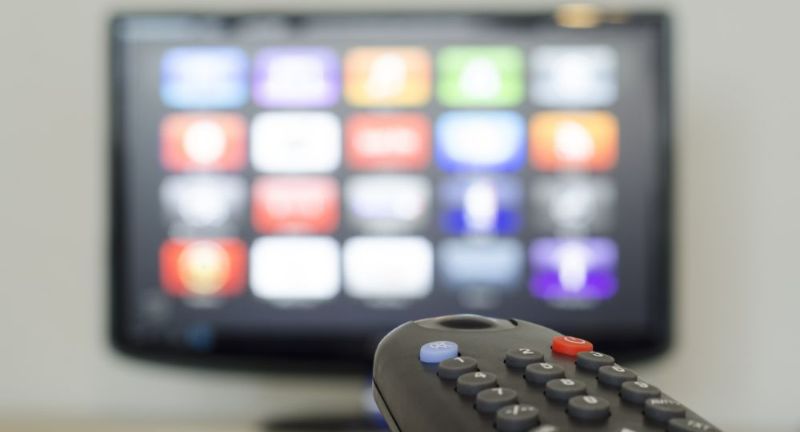
Shutterstock
Low commitment trial periods can make it easy to find yourself subscribed to multiple streaming services. However, even at $10 to $15 per service per month, having several subscriptions can quickly add up to the cost of traditional cable services. Over a year, this can amount to several hundred dollars spent on entertainment that could potentially be consolidated or reduced, saving money in the long run.
Not Comparing Prices When Grocery Shopping

Shutterstock
Not taking time to compare prices or hunt for deals while grocery shopping can lead to spending more money than necessary. Retailers often vary significantly in price for the same items, and special promotions or loyalty programs can offer further savings. Making an effort to shop around, use coupons, and buy items on sale can cumulatively save a significant amount of money, making your grocery budget stretch further.
Subscribing To Magazines You Don’t Read

Shutterstock
Subscribing to magazines are generally a small monthly expense that’s worth it if they are read. Otherwise, paying for unread publications creates clutter and is essentially money wasted. The cumulative cost of these subscriptions can be significant over a year, diverting funds that could be allocated to more fulfilling or essential expenses. Canceling unused subscriptions can significantly reduce annual spending, aligning more closely with actual reading habits and interests.
Buying Coffee Out

Shutterstock
Buying a cup of coffee every day might seem like a small indulgence, but it can quickly become a significant expense. If you’re spending an average of $4 on your daily caffeine fix, that adds up to around $120 a month and $1,440 a year. Over time, this seemingly minor habit can consume a substantial portion of your budget that could have been saved or invested.
Online Shopping
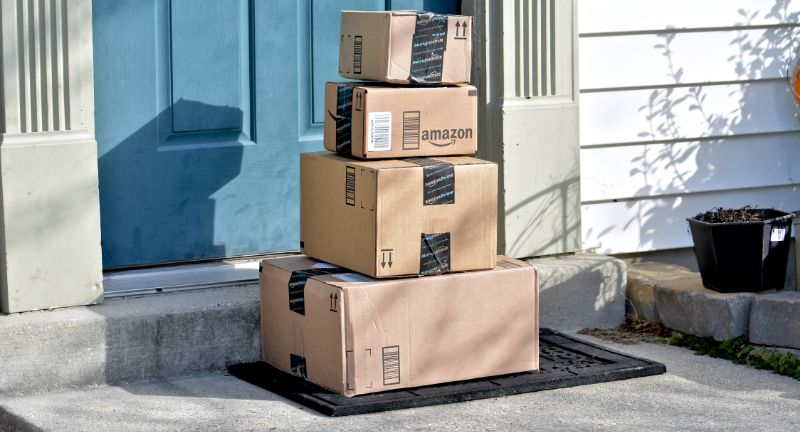
Shutterstock
Shopping online may appear minimal at each transaction, but over time can cumulatively lead to substantial spending. The convenience of clicking and buying, combined with shipping costs, can stealthily inflate your monthly expenditures. Online Shopping can divert a significant amount of money away from savings or necessary expenses, underscoring the importance of mindful spending.
Purchasing Bottled Water

Shutterstock
Buying bottled water as needed is convenient, but comes at a cost. This seemingly trivial expense can accumulate to a considerable amount over time. Switching to a reusable bottle not only saves money over time but also contributes to reducing plastic waste, making it a financially and environmentally smart habit.
Buying New Books

Shutterstock
Purchasing new books is a great way to support authors, but can become an expensive habit if you’re an avid reader. Libraries offer a free alternative, providing access to a vast range of titles without the cost, and buying used books can also significantly reduce expenses. This shift not only saves money but also promotes recycling and sharing culture, benefiting both your wallet and the environment.
Vending Machine And Convenience Store Snacks
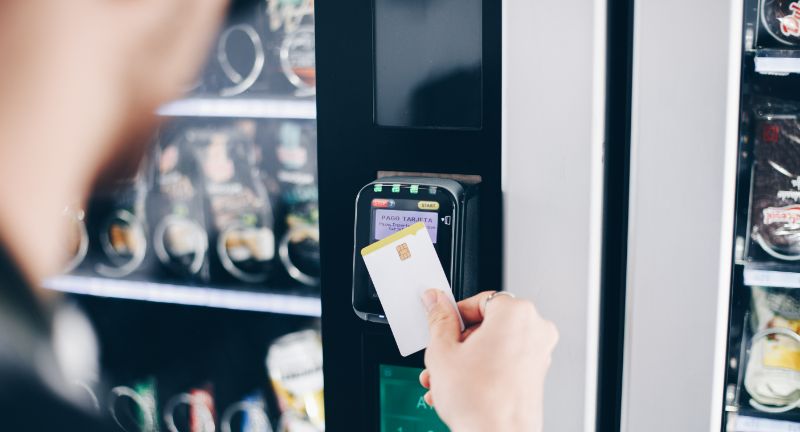
Shutterstock
Purchasing a quick snack or drink from a vending machine or convenience store may seem like minor expenses, but they can add up to a considerable sum over time. The markup on these items compared to grocery store prices is significant, leading to an inflated monthly food budget. By planning ahead and packing snacks or buying in bulk from supermarkets, you can enjoy both savings and healthier options.
Purchasing Lottery Tickets
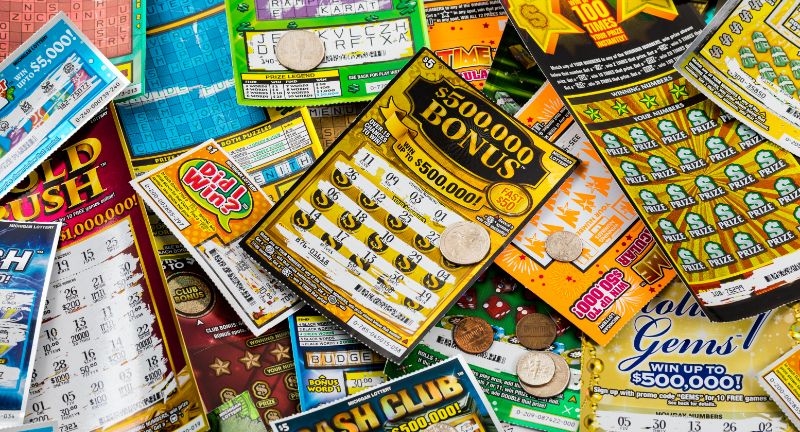
Shutterstock
Regularly buying lottery tickets may seem like harmless fun, but the seemingly small expense can become substantial over time. The allure of winning big can often obscure the reality of the odds, leading to a continuous outflow of money that could have been saved or invested. By redirecting these funds into a savings account or investment, you could see a guaranteed return over time, rather than leaving it to chance.
Conclusion

Getty
Recognizing and addressing the impact of small, impulsive purchases is crucial in maintaining financial health and achieving long-term savings goals. By becoming more mindful of our spending habits and seeking alternatives for these frequent expenditures, we can preserve our budgets and redirect funds towards more substantial and rewarding investments. Ultimately, the awareness and changes of these small spending behaviors can lead to significant financial benefits and a more secure financial future.
Related Topics:

More From Financially+
-


Top 8 U.S. Cities For Affordable Retirement
-
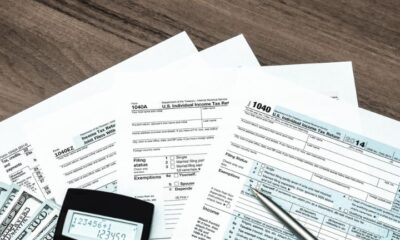

6 Crucial Tips To Help You Navigate Tax Season
-


6 High Stress Jobs (And What They Pay)
-


Social Security: 4 Ways To Forfeit Or Reduce Your Benefits
-


9 Types of Income The IRS Won’t Tax
-
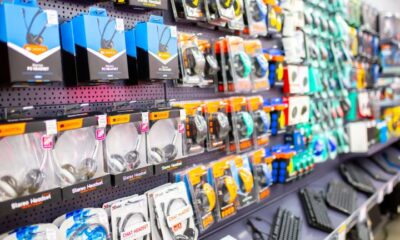

7 Things You Should Always Buy The Cheapest Version of
-


5 Catastrophic Money Mistakes & How To Avoid Them
-


8 Financial Signs You’re Doing Better Than The Average American
-


10 Most Beautiful Places To Retire On Earth